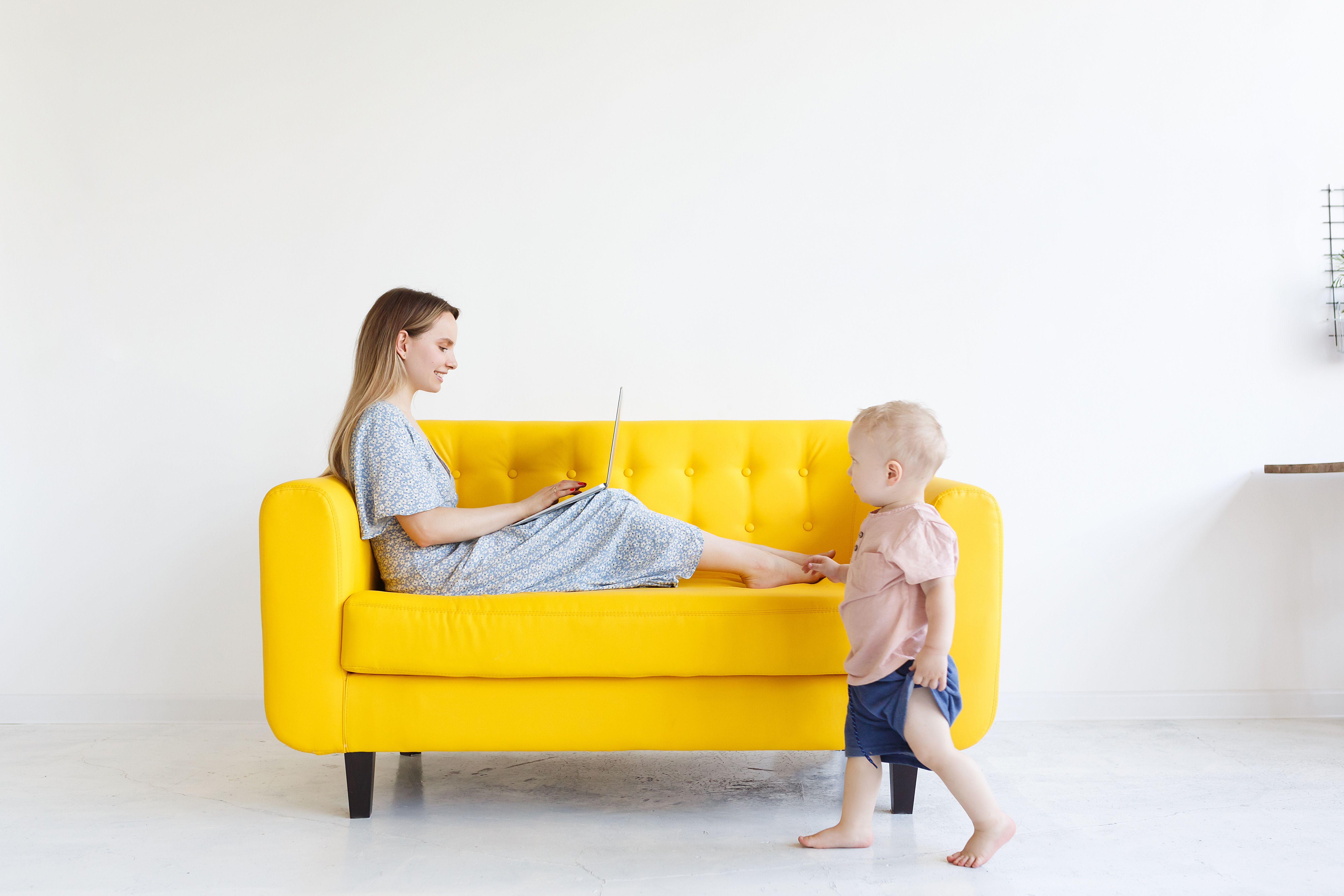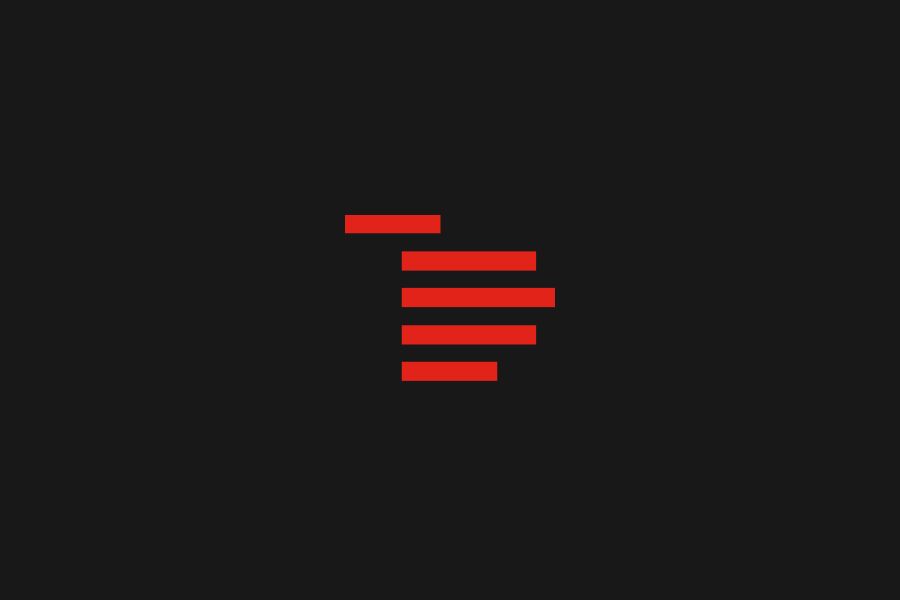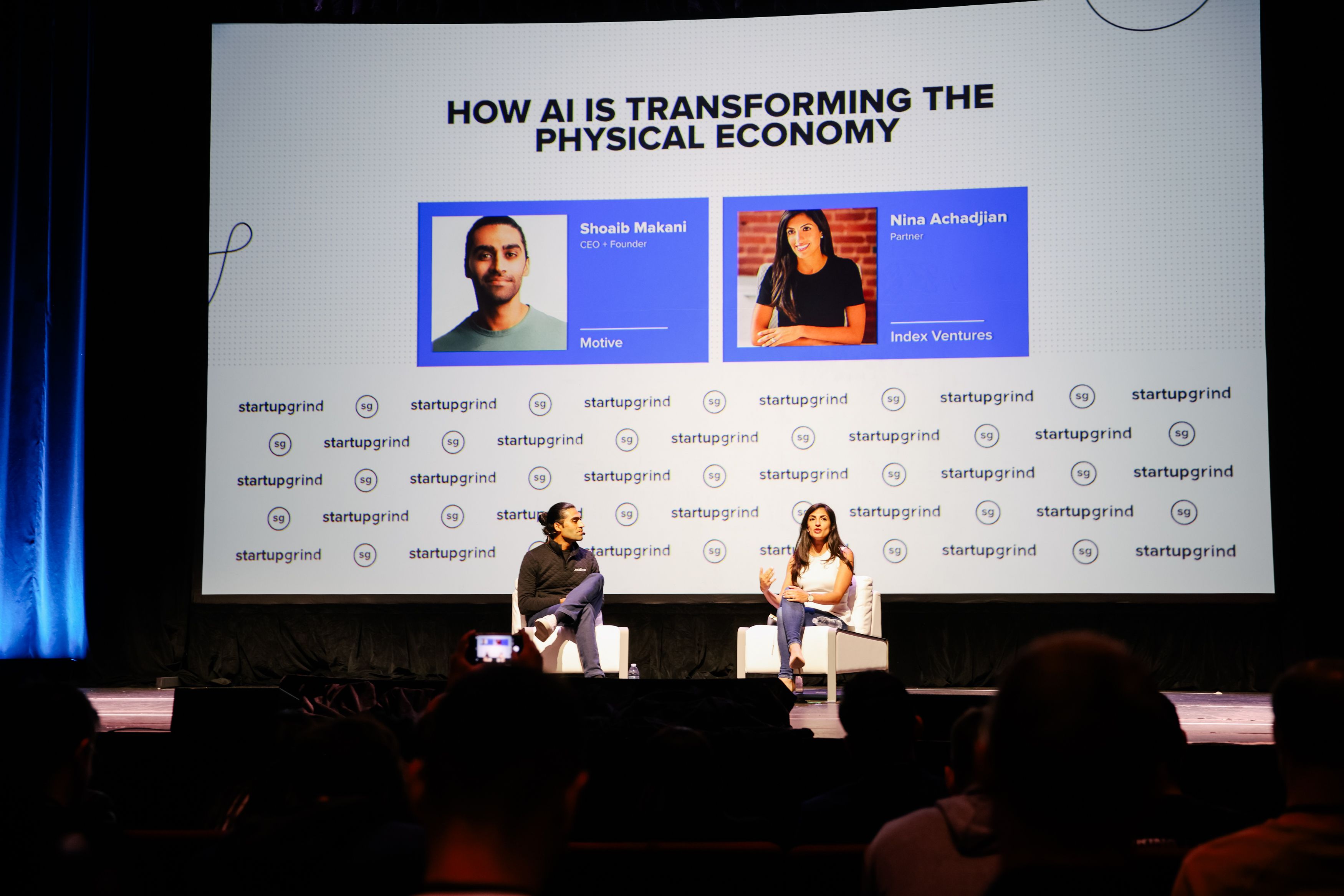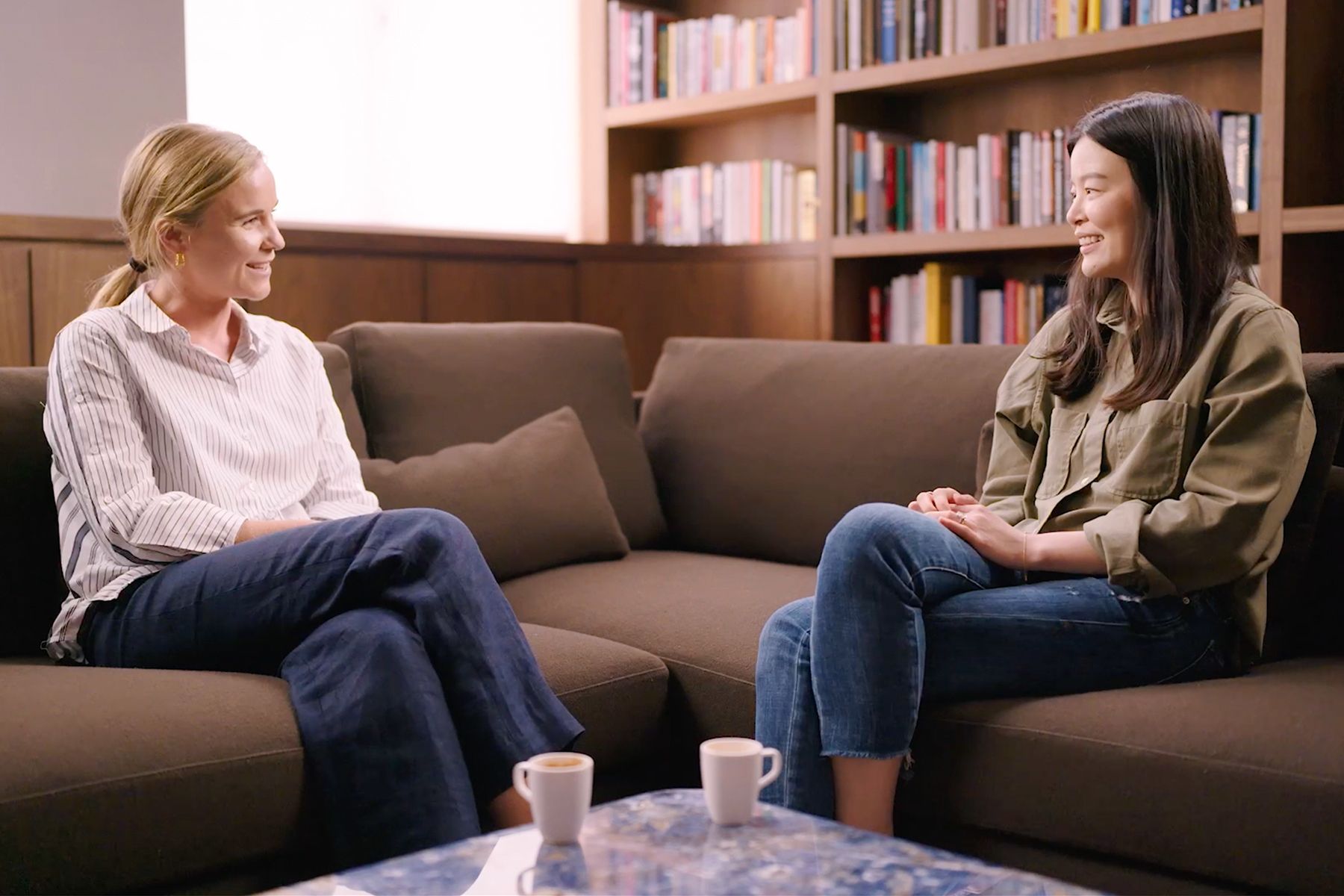Index OnAir: Winning From Home

Covid-19 presents a massive challenge for businesses around the world as they adapt to supporting their workforce remotely. We’ve asked experienced leaders from our portfolio companies to share their expertise and advice on working — and winning — from home.
Sarah Cannon, partner at Index: Firstly, I wanted to say that we’re thinking about those people who are really struggling as a result of this pandemic. It’s an incredibly scary and overwhelming experience that we’re living through. I do hope, though, that we can share some good business practice today and show that we’re working to support and manage this as best we can. One consequence may be that remote working becomes more commonplace after the pandemic has faded. Is this changing our working norms?
Cal Henderson, cto and co-founder of Slack: It’s obviously an acceleration of the direction we’re already heading in, though a kind of extreme, trial by fire version. Slack has more than 2,000 employees around the world and though we’ve built a tool that enables remote teams to work together, the vast majority work in offices. We have the technology and the tools to do this on short notice but it’s still a painful learning experience, and we’re learning a whole bunch of lessons very quickly.
Leah Sutton, global head of HR at Elastic: It’s a little different for us in that Elastic has been a proponent of distributed, remote working for a long time. We have 2,000 people in 40 countries, and only about 20% of them work in an office on any given day. So the disruption wasn’t figuring out how to work remotely, it was more about supporting parents who have to figure out teaching their kids.
Dylan Field, ceo and co-founder of Figma: We have 150 people, mostly in San Francisco. Good communication has really helped us all really shift gears, encouraging everyone to be more empathetic and kind. We want to give our people permission to be open and vulnerable. It’s hard not to bring that whole life into your work when you’re inviting people into your space, kids included.
Sarah: What new working practices have you introduced?
Dylan: We’re sending frequent updates, being transparent, sharing good news, and just making sure everyone is OK and feels safe. We’ve started regular meetings for all 30 managers, so they can share what’s going well and what’s challenging. They need to step up and lead in a different way, to share best practice, and support their teams by offering a safe space to talk to each other.
Cal: Employees don’t have to log sick days for now, and we’ve reinforced that it is fine to work irregular hours, partial or time shifted, as their life demands. One thing we’ve seen work at Slack is people having shorter, more frequent one-on-ones. Managers need to be honest and vulnerable with their teams, and talk about the stresses they are having. Plus we’ve been doing demo hours where people show what their team is working on. It’s not about feedback or giving a crit, but it’s an interesting replacement for talking to people about their work in the office.
Leah: Our CEO sent out a note saying how hard this all is. We all need to share how we feel sad and angry and pissed off. Being vulnerable as a leader right now can be incredibly helpful. I would encourage folks to think about what policies they have in place. We created a special bucket of Covid-19 leave. We started with four weeks, because people shouldn’t have to take PTO to take care of kids or family members. People are looking for very clear guidance and a leader should provide that. People don't want to make decisions - they want answers.
People don't want to make decisions - they want answers.LEAH SUTTON,
Global Head of HR, Elastic
Sarah: How closely have you followed government advice around the world on working from home?
Leah: We have weekly meetings with our incident management team, a central Covid doc that we keep updated with the latest guidance and policy, and we’re trying to keep the cadence of our communication on a two-week rolling basis. We realized it was too hard to have some offices open, some closed and some half open so decided to close them all. We just wanted to be really clear.
Cal: We haven’t given any date when we think an office will open, but we’ve said the office will be closed until at least this date, and that we will give further information on this date. We don’t know what this will look like in two weeks, two months or six months, but we’re just trying to give people a bit of runway. Our guidance across all offices is above national and state guidance. We want to be as safe as we can.
Dylan: I doubt that Figma will ever be in a position where we are being more liberal than government advice. We worked from home before the city of San Francisco and the state of California, and the federal government isn’t taking this as seriously as it should. This isn’t just about protecting our employees but their families too. Even if our employees are young, they may be seeing older members of their family or extended family, and we can’t take any chances there.
Sarah: Google has said it’s putting performance reviews aside. Have you set out new people policies?
Cal: It’s a difficult time to think about employee performance because the context just shifted so hugely. It’s hard to know what is impacting people’s work, whether it’s the kids being at home or if they are sick or caring for a sick family member. Individual performance goals just aren’t relevant any more. We think we are in this for the long haul, and certainly longer than the President suggests. And we definitely see this extending into our next performance cycle in the summer.
Leah: We have a very robust set of guidelines for managers to think about their talent, and quarterly conversations that start when they start. We decided that if we are managing an exit we will still do that, because keeping them in the organization isn’t helpful. But we’re managing that in a more gentle way, perhaps extending severance more generously. If there are other performance issues, what’s going on? Maybe their productivity has gone down because they have kids at home. We want to exhibit kindness and compassion, but not do things that just aren’t smart for the business. None of us thought pandemic response would be part of our job description!
Dylan: We are keeping feedback and performance cycles going through this time. No-one knows when this will end, so it’s important that we keep things going.
No-one knows when this will end, so it’s important that we keep things going.DYLAN FIELD,
CEO and Co-Founder, Figma
Sarah: How are you thinking about recruiting? Is the pipeline slowing, and what about onboarding?
Leah: For Elastic, 93% of recruitment is already done remotely over Zoom. We have seen a 50% candidate drop off, as well as people declining interviews, though we haven’t had anyone decline an offer. Most of our onboarding is remote, through Workday and Greenhouse. We’ve been doing this for a couple of years now and everything is automated. I have hired many people on my team without having met them. The first time it feels strange, but you do get used to it.
Dylan: We’ve had the opposite problem where we’ve seen the pipeline go up considerably. Our people are having to do their work while caring for their kids and helping with schoolwork, so we’re facing problems with interviewer burnout.
Cal: We’ve seen an impact in the hiring pipeline, though different parts of our organisation hire remotely anyway. At engineering, we’ve had to switch to making offers to people we’ve never met. The real shock will be hiring someone we’ve never met, who then works for us, and then eventually — depending how long this lasts — leaves the company without having met anyone they work with!
Sarah: What’s the best tool to replicate informal communication?
Leah: We really encourage more casual communication. Don’t rely on collaborative docs or email, and don’t shy away from a quick conversation. Half my conversations aren’t scheduled - it’s shifting what you think what a casual interaction is.
Cal: I find myself moving from one meeting to the next in ten seconds and one click rather than with a serendipitous walk down the hall. Nothing replaces running into somebody, and we don’t really know yet what that means for us as an organization.
Nothing replaces running into somebody, and we don’t really know yet what that means for us as an organization.CAL HENDERSON,
CTO and Co-Founder, Slack
Sarah: Is it possible there are some benefits to working from home?
Cal: I’ve been in a couple of meetings in the past week where half the folks say they are more productive than ever, and the other half say they’ve not been productive - and it’s almost always about whether they have kids at home. Situations vary though. Some folks would be more productive working from home if they could still have social interactions outside work. We’ve definitely seen problems in places like Tokyo and New York where people often have very small apartments they don’t usually spend much time in. Giving a stipend is a good step, but it doesn’t help if they don’t have a place in which they can comfortably work.
Dylan: Some people who aren’t parents are struggling with social isolation, others with new dynamics with their partners.
Leah: Or they live in an apartment with four other people who aren’t their friends. We’re cognizant that it’s not just parents struggling.
Sarah: How do you maintain the fun?
Leah: People have been doing virtual happy hours and bingo on Wednesday nights. Pushing that next level connectivity has been a bright spot in a dark time.
Dylan: One of our recruiters used to be a personal trainer so he started doing virtual workout classes. And a lot of people are playing games, using Figma like a whiteboard to play Pictionary.
Cal: All kinds of hobbies have moved online, including fitness, board games and knitting club. Human connection is more important than ever. We’ve been doing more frequent calls and meetings just so people can talk to each other. Then there’s the kids. We’ve seen more of everyone’s children in the past two weeks than we have in the past two years. We call them our coworkers, and sometimes these coworkers refuse to wear pants or sing about [potty breaks].
Get more insights into the start-up landscape, more Founder interviews, and Company perspectives by subscribing to our channel.
Published — April 3, 2020


